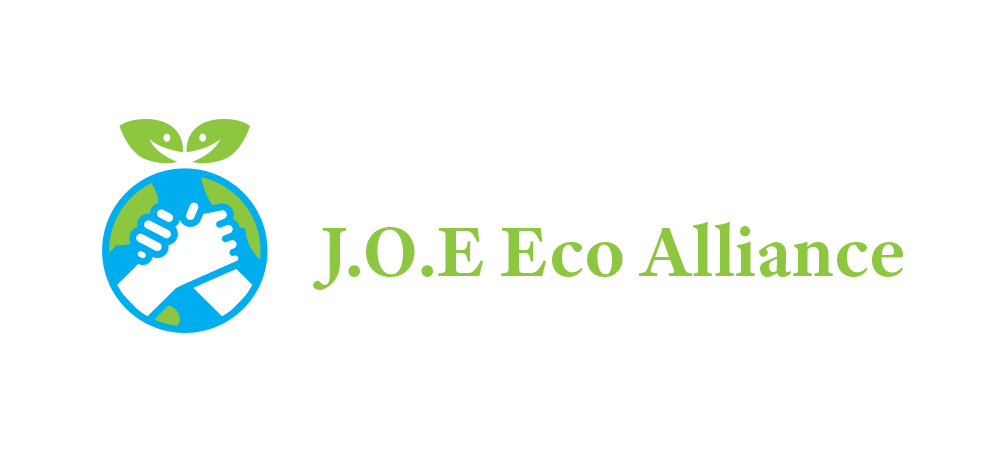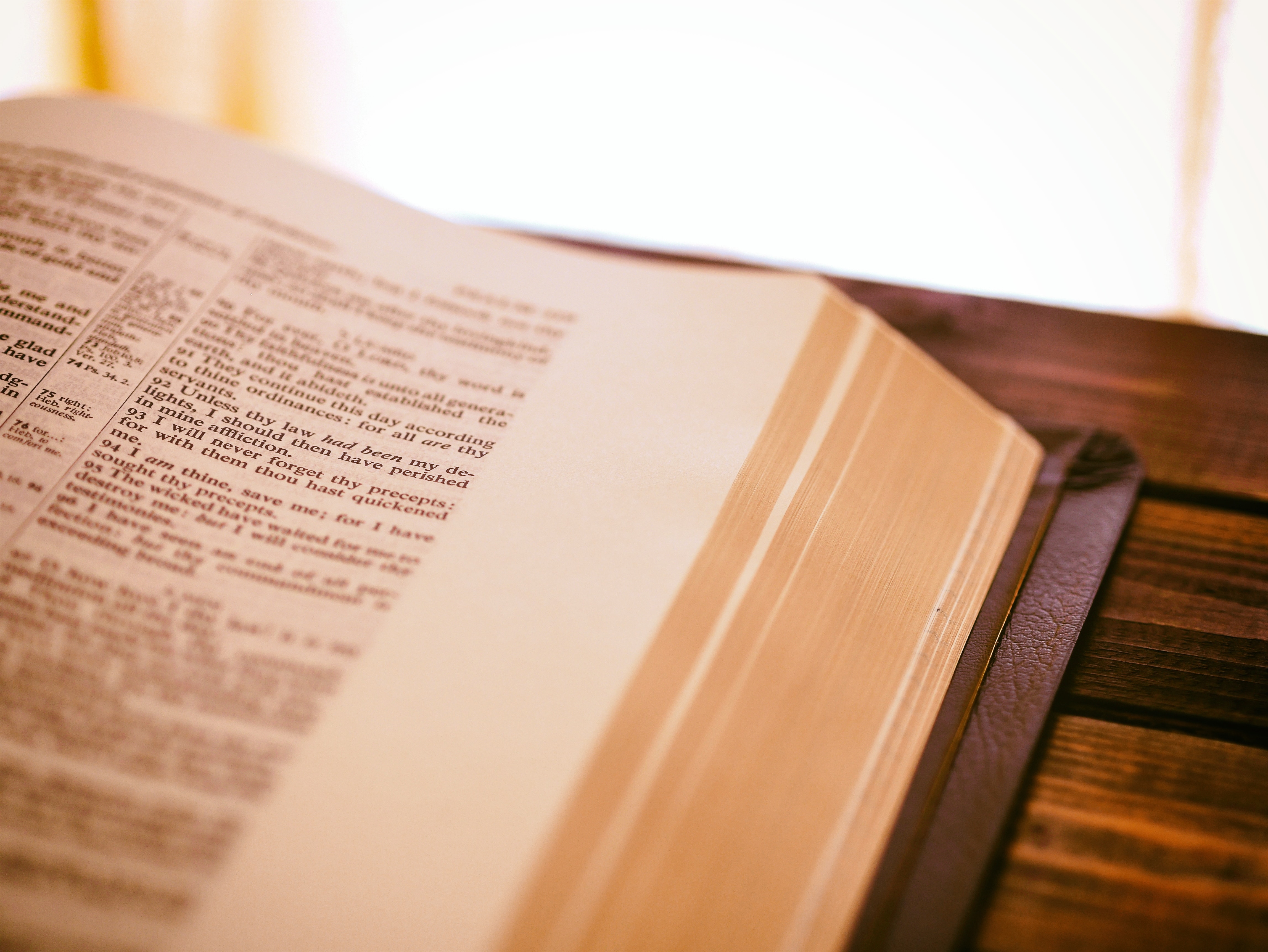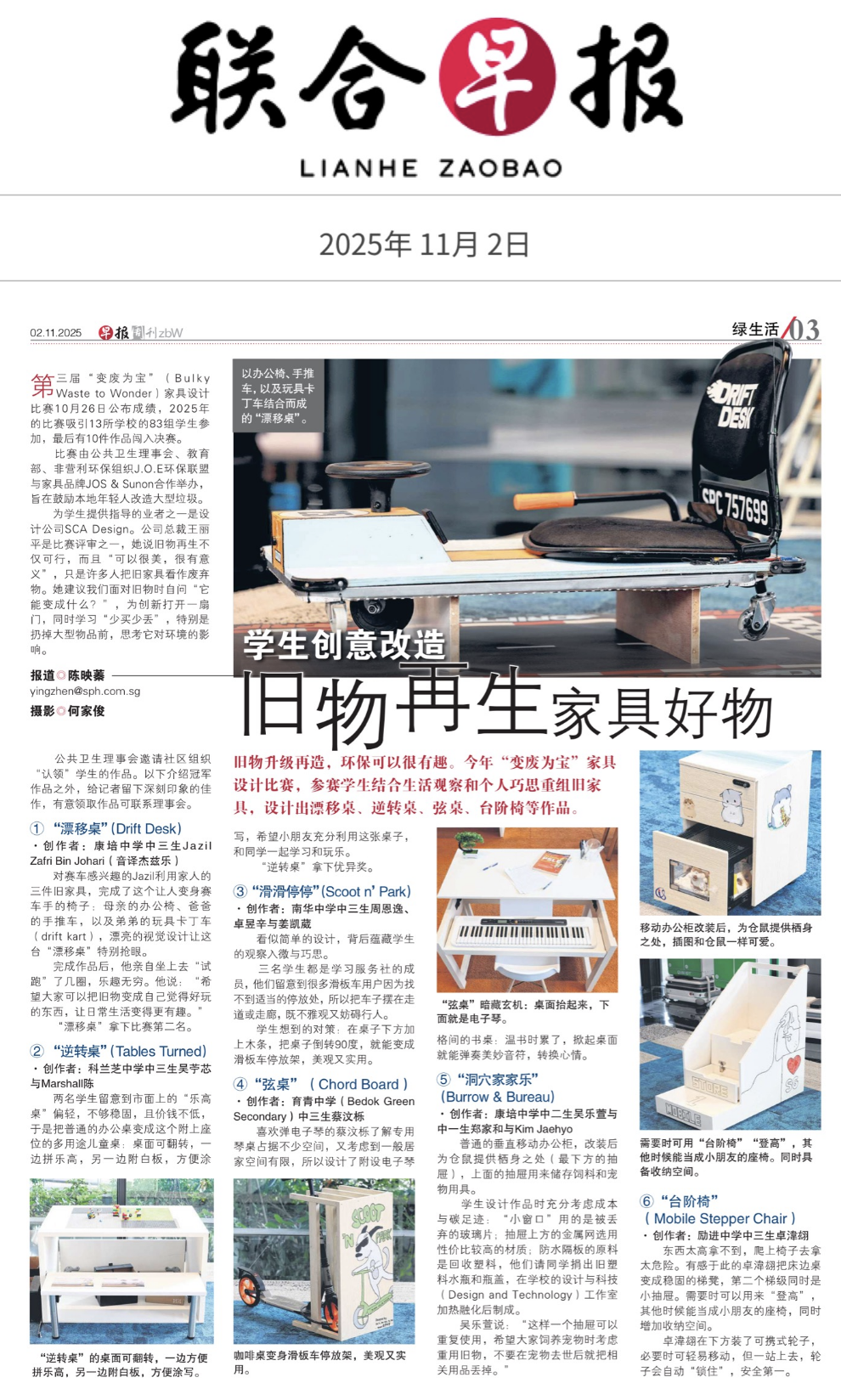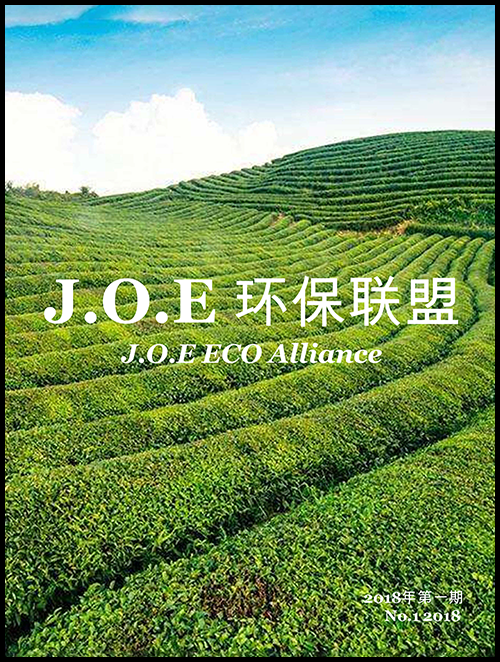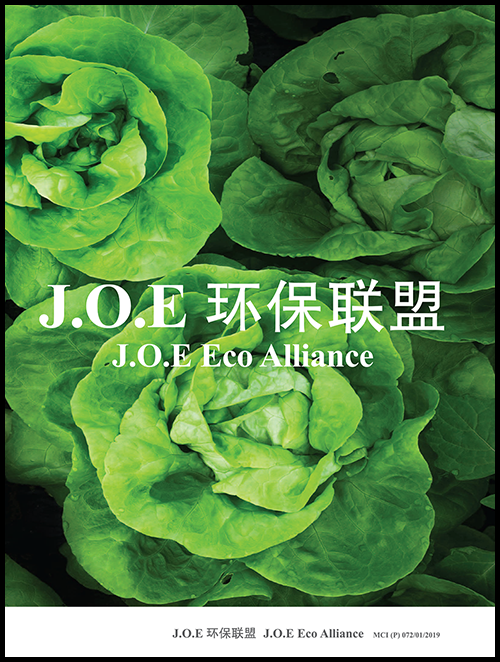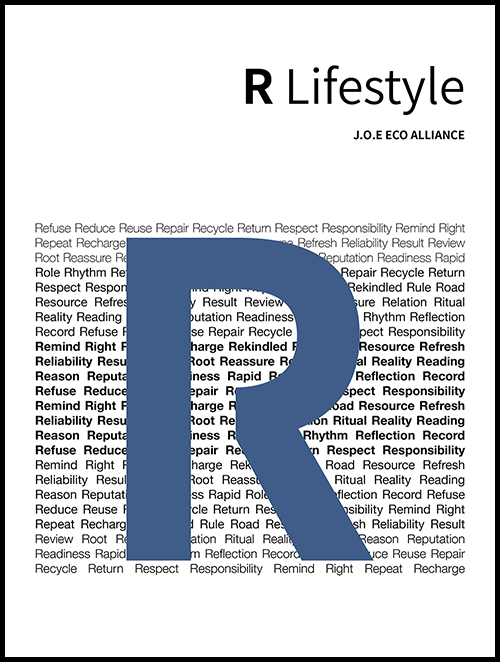2019年9月4日《可持续资源法案》生效 该法案明确减少电子、食物和包装垃圾三大垃圾源
The ‘Resource Sustainability Bill’ aims to promote circular economy by introducing regulations to tackle e-waste, food waste and packaging waste.
电子垃圾 e-Waste
- 到2021年推行“制造商责任延伸”(Extended Producer Responsibility) 监管模式,规定电机和电子产品生产商,必须将电子垃圾,送往持执照的环保业者进行妥善处理
- 零售商须为消费者提供一对一回收服务,例如购买新冰箱,零售商需要免费回收原有冰箱
- 规定在大型零售店内提供电子垃圾收集处。如要丢弃电子垃圾,必须把垃圾交给参与“制造商责任计划” (Producer Responsibility Scheme) 的从业者来处理
From 2021, extended producer responsibility will be enforced and hold retailers and producers accountable for the waste they produce. Retailers have to offer 1-for-1 collection of unwanted electronic products. Producers who joins the Producer Responsibility Scheme needs to provide e-waste collection points in public, collect and send the e-waste for treatments at authorised recycler.
厨余分类 Food waste
从2024年起,所有制造大量厨余的工商业场所业主及营运者,必须分类厨余并将之妥善处理。制造大量厨余的现有工商业场所业主,可选择最适合营运模式的厨余处理方法
Large commercial and industrial generators of food waste are required to treat the food waste from 2024 on.
包装垃圾 Packaging waste
到2020年实施强制性报告框架,使用产品包装的企业须提交年度报告,呈报所使用的包装种类及重量,以及减少使用包装的计划。法令生效初期,年营业额超过1000万新元的品牌业者、制造商、包装货物进口商和超市,必须遵守这些条例,并在框架生效前,向环境局注册。首份报告须在2021年提呈
2020 onwards, producers of specific packaging that have an annual turnover of over S$10 million, are required to report data on packaging and the first report has to be delivered by year 2021.
